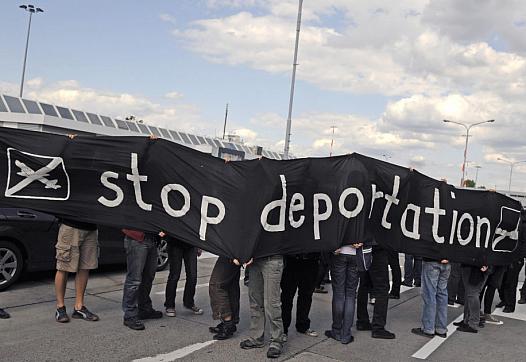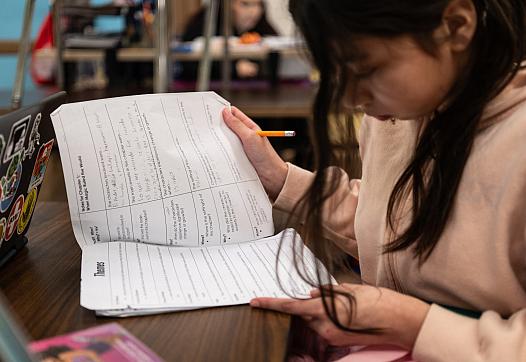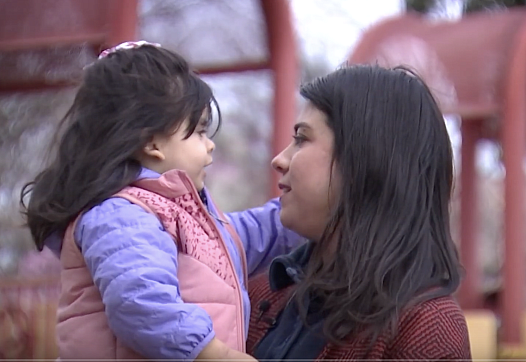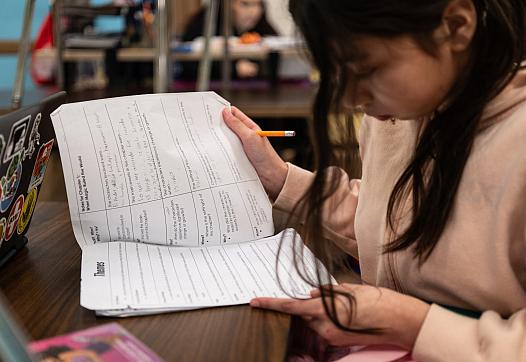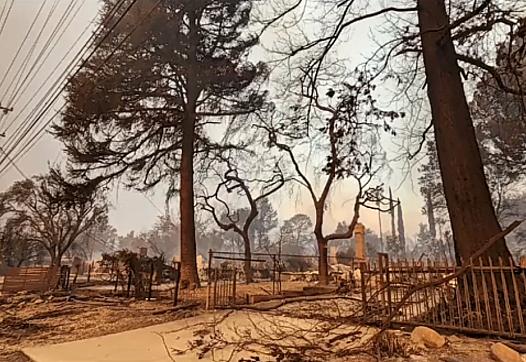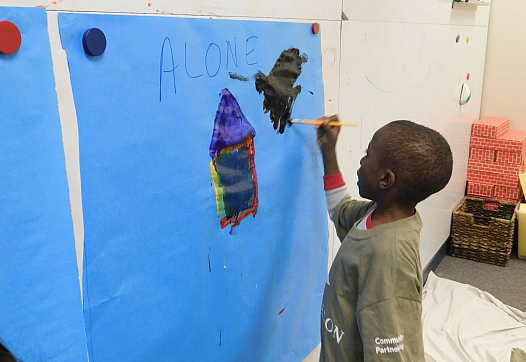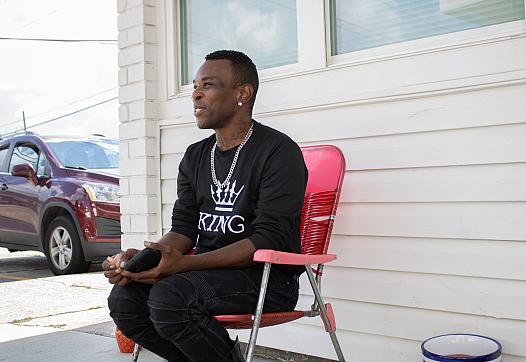
Like many Black teens across the country, Duchess-Angelica Wright struggles to maintain her mental health. As a young Black woman, a member of the LGBTQ community, and a former foster youth, she faces multiple layers of challenges and has attempted suicide three times. Recognizing that systemic barriers thwart many Black youth like Wright from seeking mental health care, community organizations are stepping In to provide support in trying to stem a swelling crisis.

